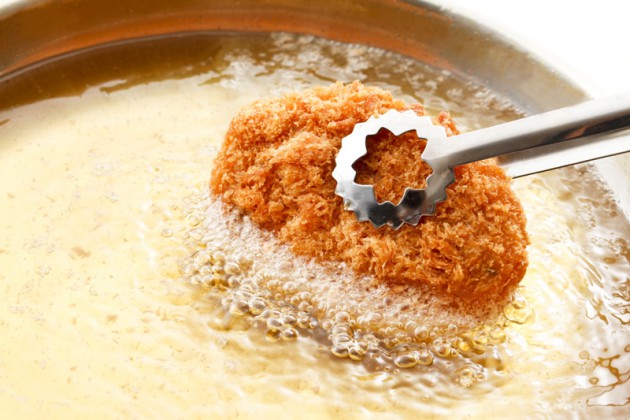Uh-oh. Your child sneezing in a row could only mean one thing: the onset of a cold. A mighty cold. Or not. While every child’s illness symptoms escalate in hisher unique way, the point is that of ten, the occurrence of illnesses can either be mitigated or staved off entirely depending on their nutrition.
In other words, what your kids eat can be the solution for a whole host of child-related maladies right from mood swings to constipation to the management of colds, coughs or viruses.
BUILD IMMUNITY
While protein is a beautiful immunity builder it does wonderful work to combat dis ease in your children along with bolstering their resistance and repairing general wear and tear -it is important to choose the right protein, like egg whites, lean white meats, fish, dals and quinoa.
Vitamin C is another fantastic booster of immunity and can be found in amla or kiwi or even in multivitamins, on a doctor’s prescription, of course.
Vitamin B12 is a brilliant way in munity levels can be raised in a child.
It positively influences the speed of recovery too. However, it’s important for vegetarians vegans to take note here: as B12 is found mainly in animal products, like dairy and eggs, children may need to take a B12 supplement on the recommendation of their paediatrician.
IMPROVE CONSTIPATION
Constipation is painful for children or adults for that matter. Foods with fibre can help your child. If he she is constipated, feed them raw vegetable juices, chia seeds, papaya and kiwi. And lots and lots of water: hydration is very important for a happy, smiling and fully functional digestive system.
TACKLE MOOD SWINGS
Is your child an angel one moment and a devil the next? While it’s tempting to blame your in-laws for all the character traits you don’t like, sometimes mood swings may not be part of a child’s personality, but have its roots in gluten intolerance. The best way to check would be to eliminate all sources of gluten, and see if the symptoms persist.
Having said this, no matter how much information is out there, nutrition’s role in maintaining the health of your child remains underestimated and misunderstood. Why cure when prevention is possible? Why miss school or exams or vacations if it just means smarter eating? When the remedy for so many things can be found in the plate, why take the pill?
Keep in mind that food is the most natural way to heal your child.
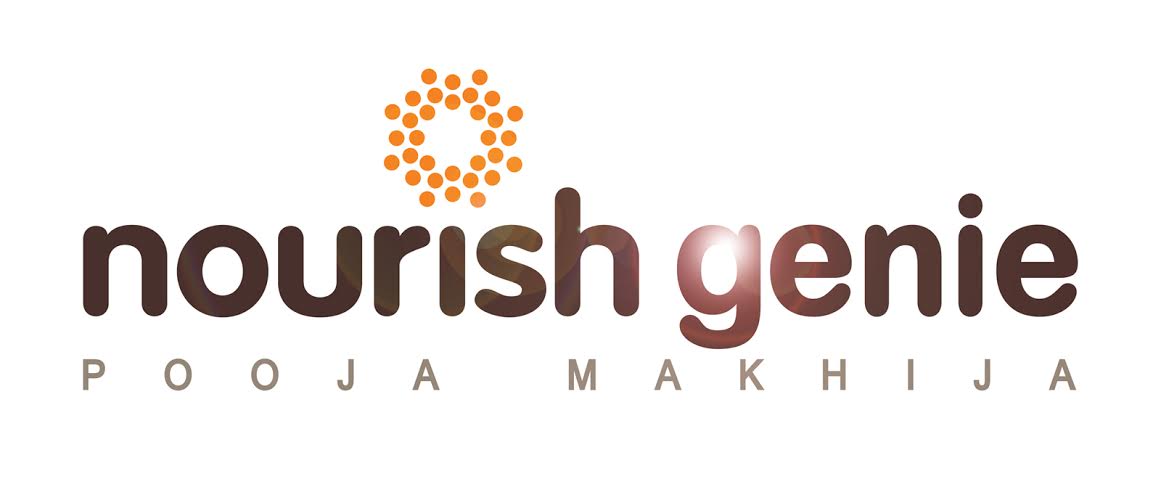

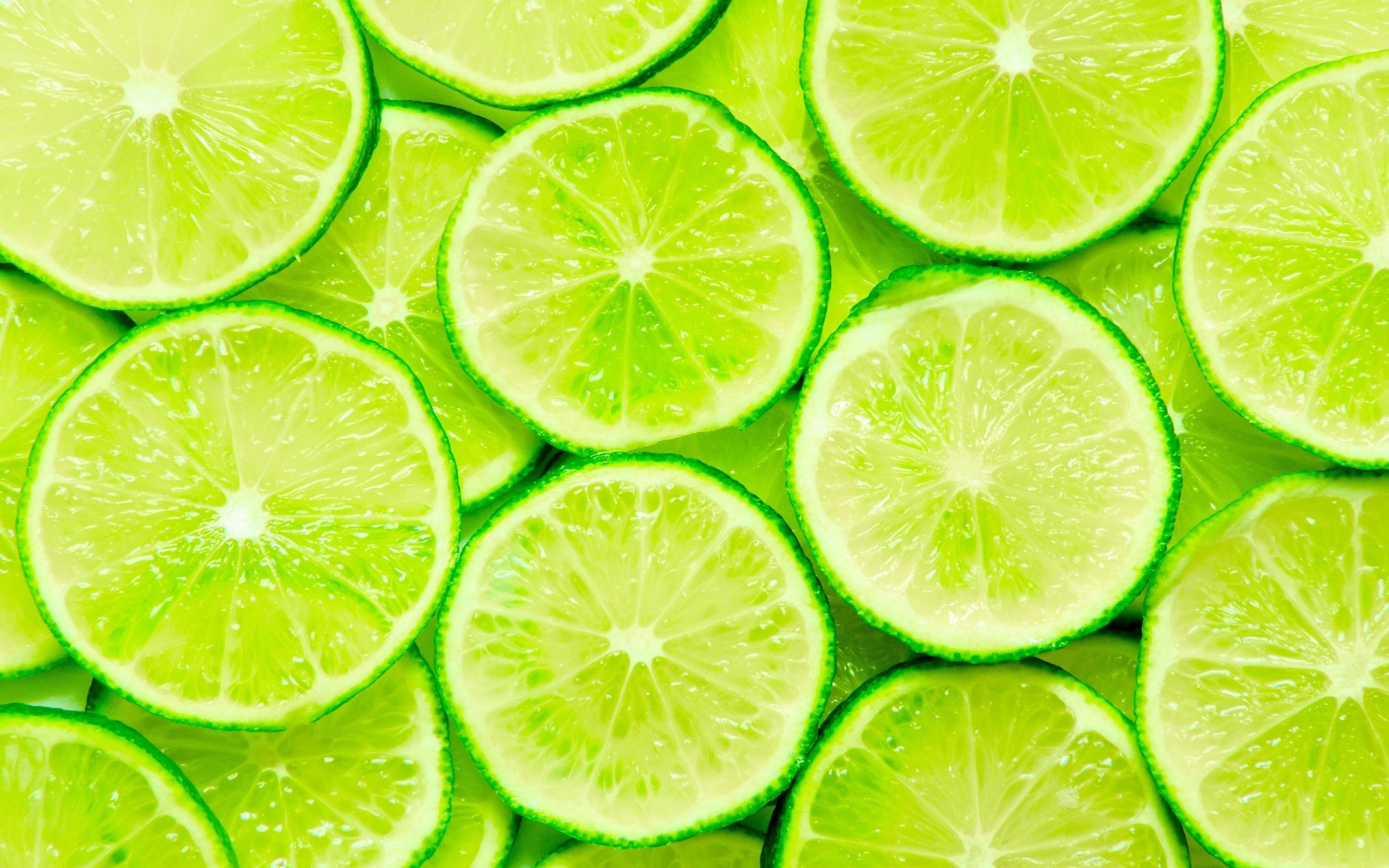
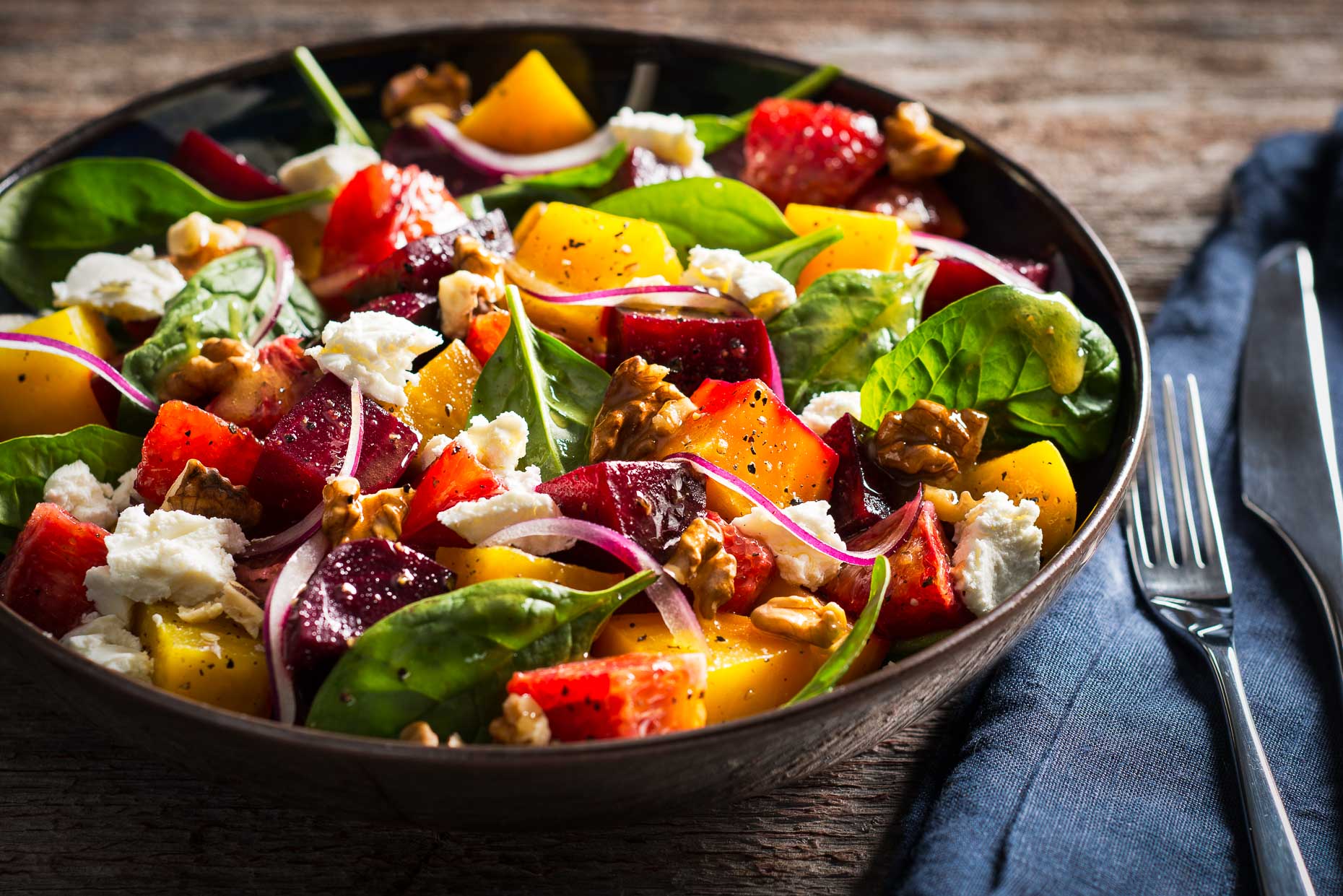
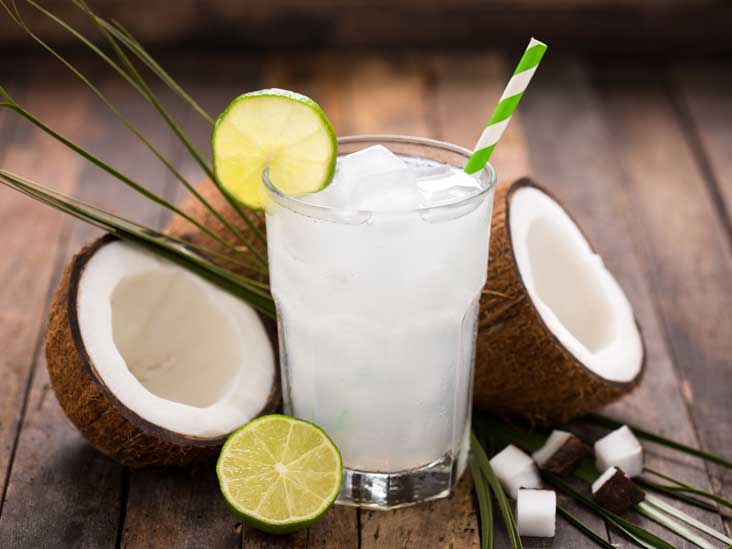
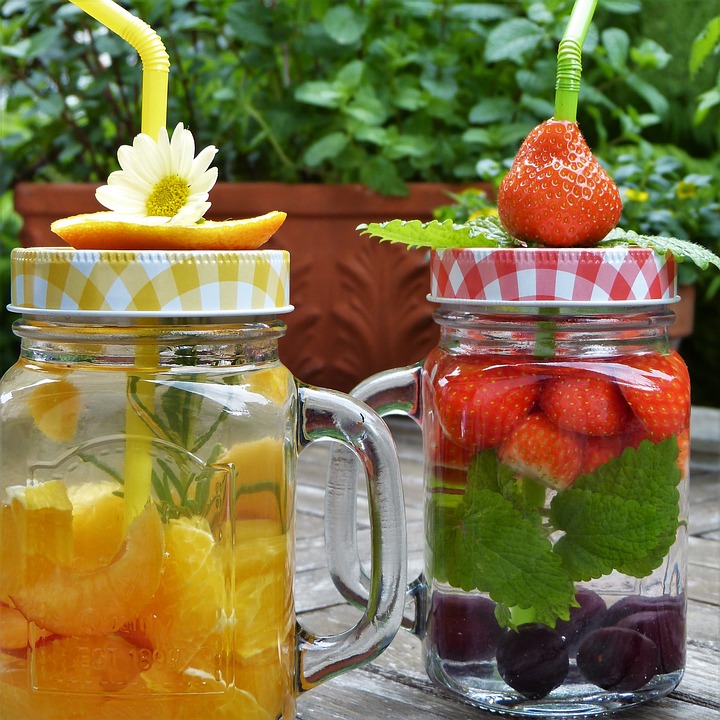
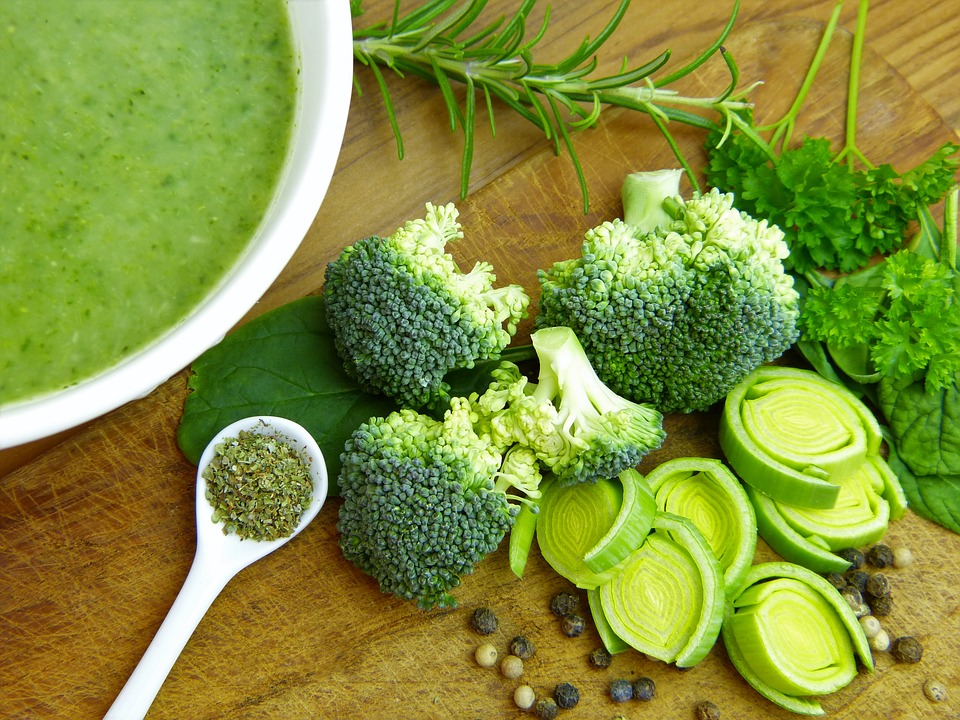 Give a nod to sautéed greens this season. These are light, can be made very appetising and always bring nice gifts with them like reduced cholesterol, cancer-fighting abilities, antiaging benefits, powerful vitamins and energy.
Give a nod to sautéed greens this season. These are light, can be made very appetising and always bring nice gifts with them like reduced cholesterol, cancer-fighting abilities, antiaging benefits, powerful vitamins and energy.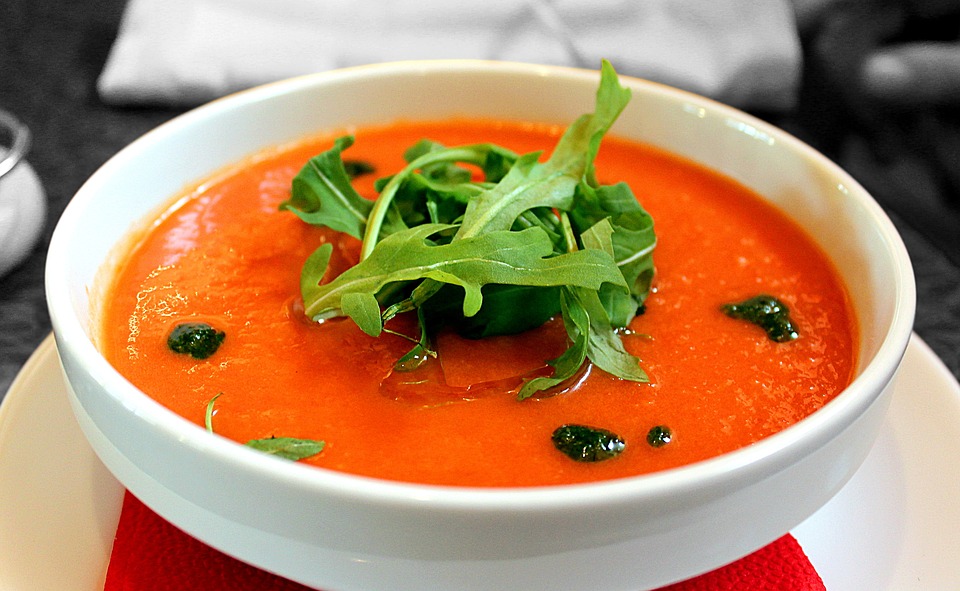
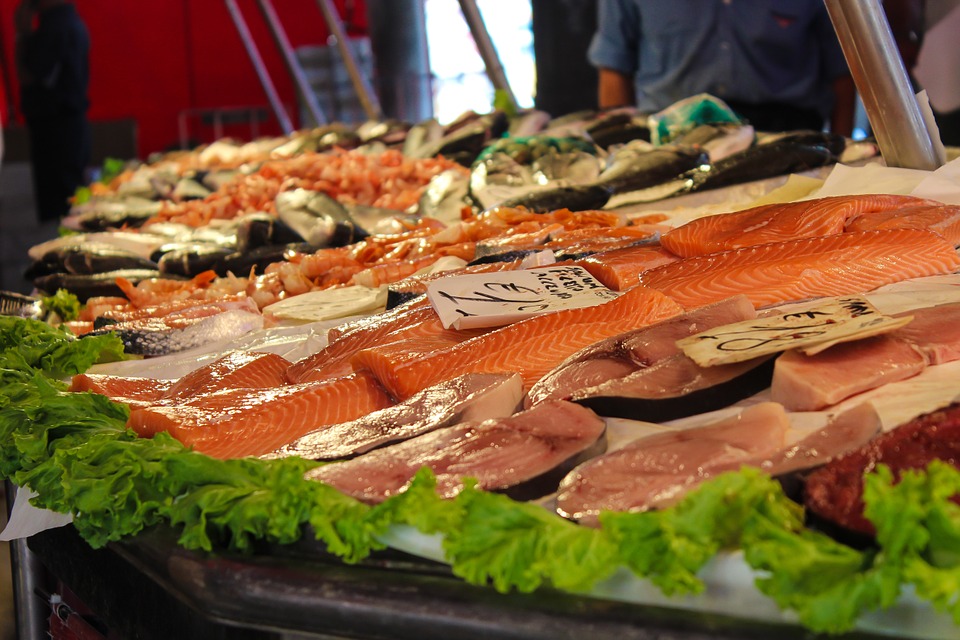 Proteins are harder to digest in general and coupled with heat and dehydration, they leave you feeling uncomfortable and nauseous. The recommended daily intake of protein is one gram per kilo of ideal body weight (the appropriate weight for your height). So, no matter what you currently weigh, if your
Proteins are harder to digest in general and coupled with heat and dehydration, they leave you feeling uncomfortable and nauseous. The recommended daily intake of protein is one gram per kilo of ideal body weight (the appropriate weight for your height). So, no matter what you currently weigh, if your 
